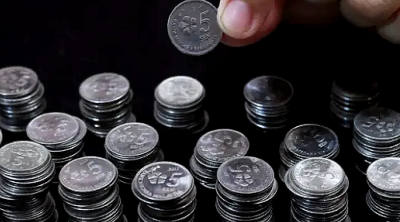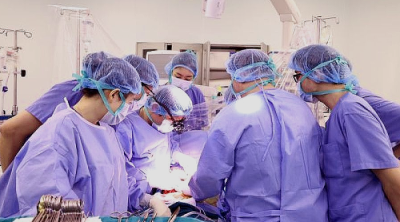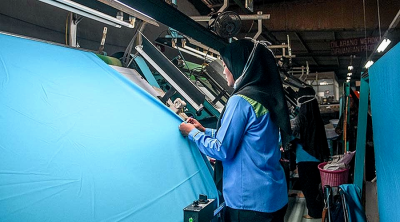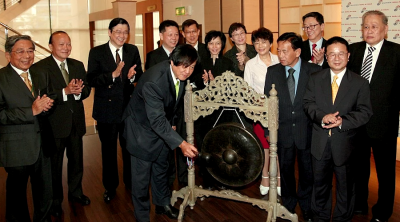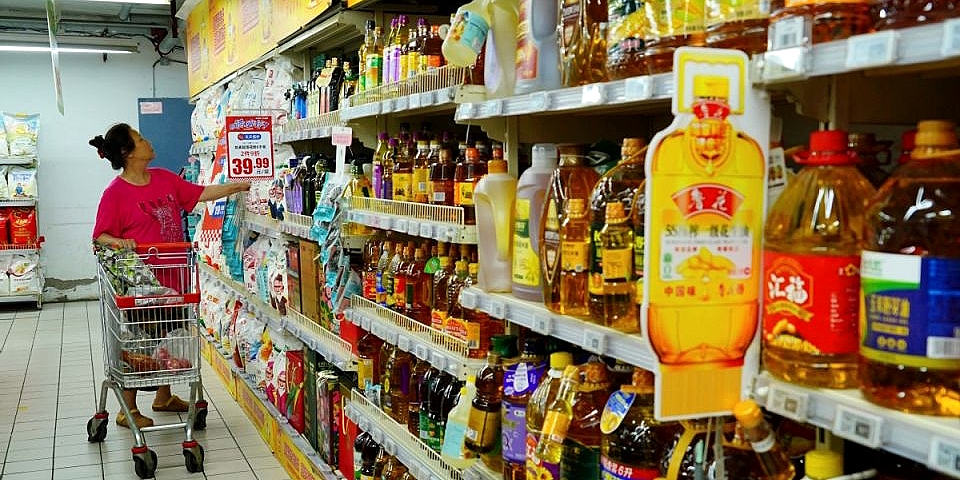
BEIJING: Beijing resident Sun Liqun has been carefully checking the brands of the cooking oil she has at home.
The 54-year-old was shocked to learn that the household staple she uses every day could have been contaminated – by tanker trucks transporting both coal oil and cooking oil without being cleaned between shipments.
“As a matter of common sense, this sort of thing should not be happening,” Ms Sun, who works at an education company and cooks regularly for her husband and two daughters, told The Straits Times.
In China, public concern over the safety of cooking oil has mounted following a report published by state-backed outlet Beijing News last week that alleged that some companies had used unsanitised fuel tanker trucks to transport the household staple.
The mixed use of tanker trucks, for inedible chemicals and liquids meant to be consumed, is an “open secret” in the industry, a truck driver told Beijing News, which also noted that many operators dispensed with tank-cleaning to “save expenses”.
The companies reported by Beijing News to be involved include a subsidiary of the state-owned Sinograin and the privately owned Hopefull Grain and Oil Group.
After reading the report, Ms Sun checked her pantry and found a bottle of oil that was among the affected brands. She will no longer be using it, and will buy only other domestic oil brands that have not been identified as being implicated in the scandal.
The topic trended on microblogging platform Weibo, and a hashtag for the article was viewed over 43.7 million times.
“This is too dangerous, the cooking oil that we buy might contain a lot of metal contamination,” said one Weibo user from Zhejiang who commented on the article.
“Are the regulators working?” asked another from Liaoning.
Food science expert Zhu Yi told local media that the mixed use of tankers without cleaning would result in some degree of contamination, and that the long-term consumption of coal oil, composed mainly of hydrocarbons, could result in poisoning.
The scandal, which unfolded as China’s policy-makers gear up for a key meeting next week – the reform-focused Third Plenum of the Communist Party’s Central Committee – has prompted a government investigation of the issue.
The food safety commission of China’s State Council announced on July 9 the establishment of a joint investigation team to look into the allegations.
Companies and relevant individuals found to be in violation of the law would be “severely punished”, and a campaign would also be launched to identify risks related to edible oil, state media reported.
Sinograin, the country’s largest grain storage and transportation company, said in a statement that it had launched an internal probe and would blacklist any tanker operator found to have violated food safety regulations.
The cooking oil brand that it produces, Jinding, was found to have been removed from major e-commerce platforms such as Taobao and JD.com, Bloomberg reported.
Hopefull Grain and Oil Group, the other company directly implicated in Beijing News’ expose, told Global Times that it was conducting a “thorough self-inspection”.
And other major cooking oil suppliers, including Yihai Kerry Arawana and Shandong Luhua Group, have released statements seeking to reassure consumers that their transportation methods are safe.
Food safety is a key concern in a country that has had to deal with recurring problems on this front.
These include scandals involving melamine-tainted milk powder in 2008, the use of “gutter oil” in the 2010s – or used oil taken from drains, slaughterhouse waste and other unsanitary quarters that is reintroduced cheaply into kitchens, and a viral video in 2023 of a worker allegedly urinating into raw materials at one of beer-maker Tsingtao’s plants.
That the Beijing News report could land just two weeks before the Third Plenum opens on July 15 was puzzling, said Associate Professor Alfred Wu, who studies China’s political economy at the National University of Singapore’s Lee Kuan Yew School of Public Policy.
Nonetheless, even during this politically sensitive period where the Chinese authorities prefer to avoid negative publicity, public discourse on the cooking oil scandal was allowed to continue without strong censorship, he observed.
Earlier this week, the People’s Daily newspaper, which is run by the Communist Party of China, published a commentary decrying the use of unclean fuel tankers to transport cooking oil.
Food safety is of utmost importance, and there is no room for any lapses, it said.
ADVERTISEMENT
ADVERTISEMENT









